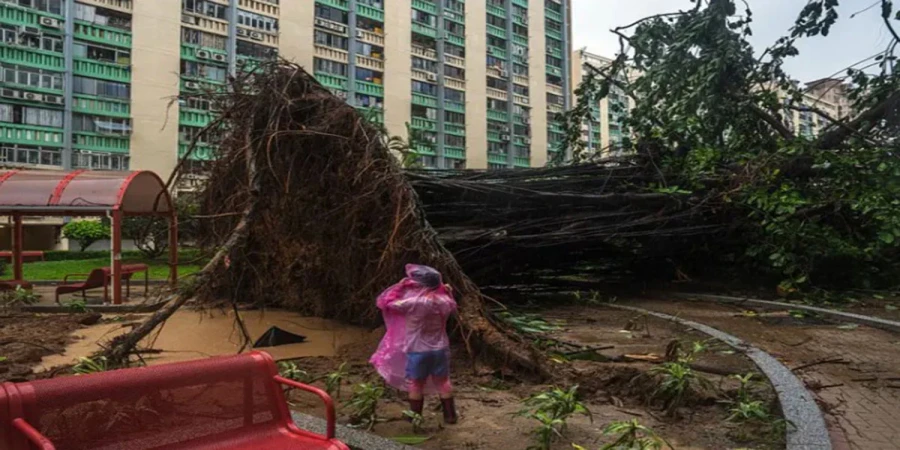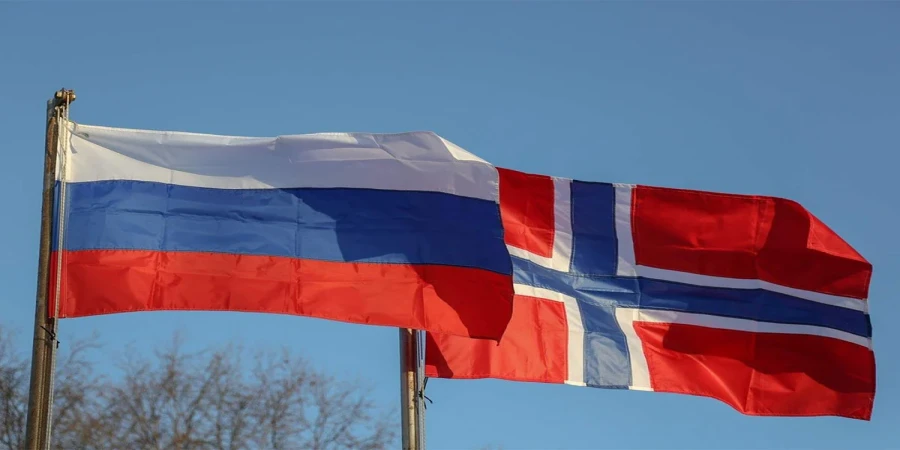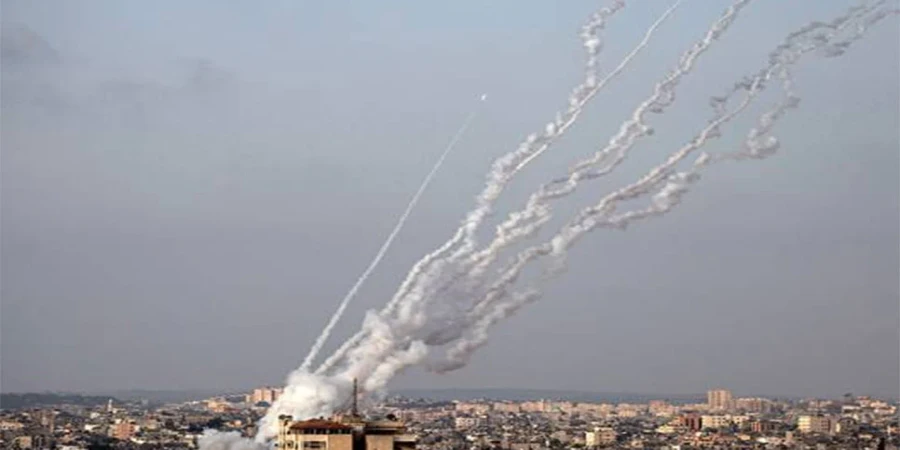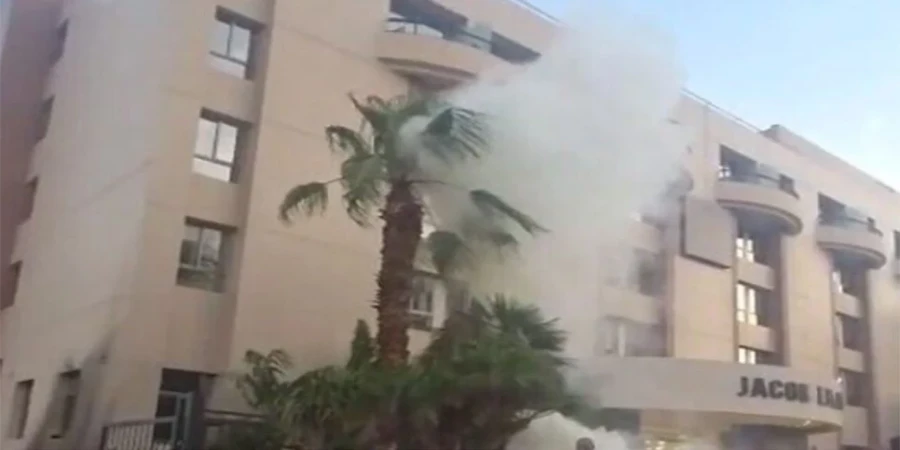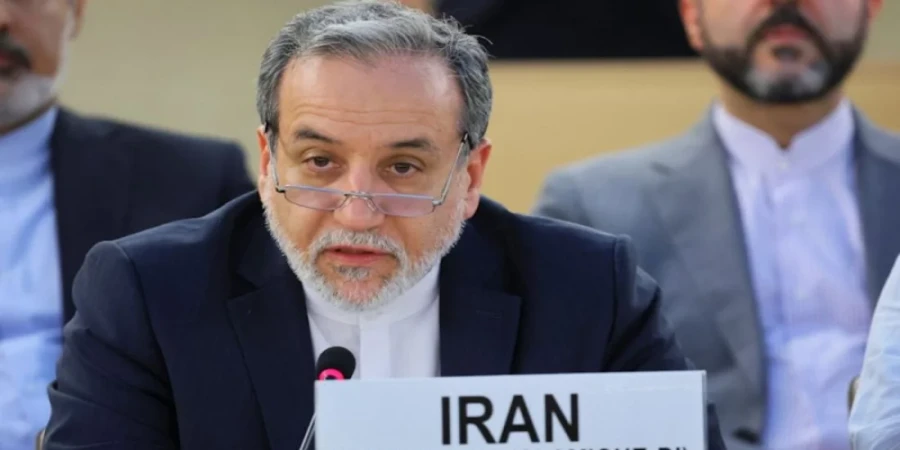
ছবি: Photo: Collected
Following his address at the UN Human Rights Council, Iran’s Foreign Minister Abbas Araghchi meets with EU and UK envoys in a critical effort to de-escalate the Iran-Israel conflict through diplomatic solutions.
Iran’s Foreign Minister Abbas Araghchi is currently engaged in high-level diplomatic talks with senior European foreign ministers in Geneva, Switzerland, according to reports from international news agencies. The ongoing discussions mark a significant attempt by European powers to mediate tensions between Iran and Israel, as concerns grow over the possibility of further escalation in the region.
The French news agency AFP confirmed that the discussions are underway, highlighting the presence of top diplomats from the United Kingdom, Germany, France, and the European Union. These key international players have gathered with a unified objective — to explore peaceful avenues to ease the worsening Iran-Israel confrontation.
Before attending the diplomatic talks, Araghchi delivered a speech at the United Nations Human Rights Council. Shortly after his address, he made his way to the negotiation venue in Geneva, according to Reuters. His presence underscores the urgency with which Iran is approaching the crisis, as both sides trade sharp rhetoric and military actions intensify across various fronts.
Sources close to the matter suggest that the European delegation is pushing for a de-escalation framework that may include reactivating dormant communication channels and possibly initiating a broader regional dialogue. While concrete outcomes from the talks remain uncertain, the engagement itself is seen as a promising step toward defusing a volatile geopolitical standoff.
The Iran-Israel conflict has drawn global attention in recent weeks, with heightened military exchanges, cyber threats, and proxy skirmishes raising alarms in diplomatic corridors worldwide. European powers, traditionally strong advocates for multilateral diplomacy, are increasingly concerned that continued hostilities could lead to a broader regional conflict with unpredictable consequences.
This rare convergence of high-ranking diplomatic figures in Geneva reflects a renewed commitment by Europe to act as a stabilizing force in the Middle East. Observers note that the location and timing of the meeting—immediately following a major UN session—highlight the symbolic and strategic significance attached to the effort.
While neither side has issued a formal statement about the content of the talks, diplomatic insiders suggest that human rights concerns, regional security, and the future of nuclear negotiations may also feature on the agenda. Araghchi, known for his previous involvement in Iran’s nuclear talks with world powers, is regarded as a seasoned negotiator with the experience to navigate complex multilateral discussions.
The meeting in Geneva also signals the EU’s intent to reclaim a central role in Middle East diplomacy after a period marked by shifting alliances and new power dynamics. With the United States currently recalibrating its foreign policy posture in the region, European nations appear eager to fill the diplomatic vacuum and prevent further destabilization.
As the talks continue, global attention remains fixed on Geneva, with analysts and policymakers alike hoping that this latest round of diplomacy can pave the way for a more stable and secure Middle East. Whether the discussions will yield immediate breakthroughs or lay the groundwork for longer-term negotiations remains to be seen, but for now, dialogue is being prioritized over conflict — a move welcomed by much of the international community.
repoter



